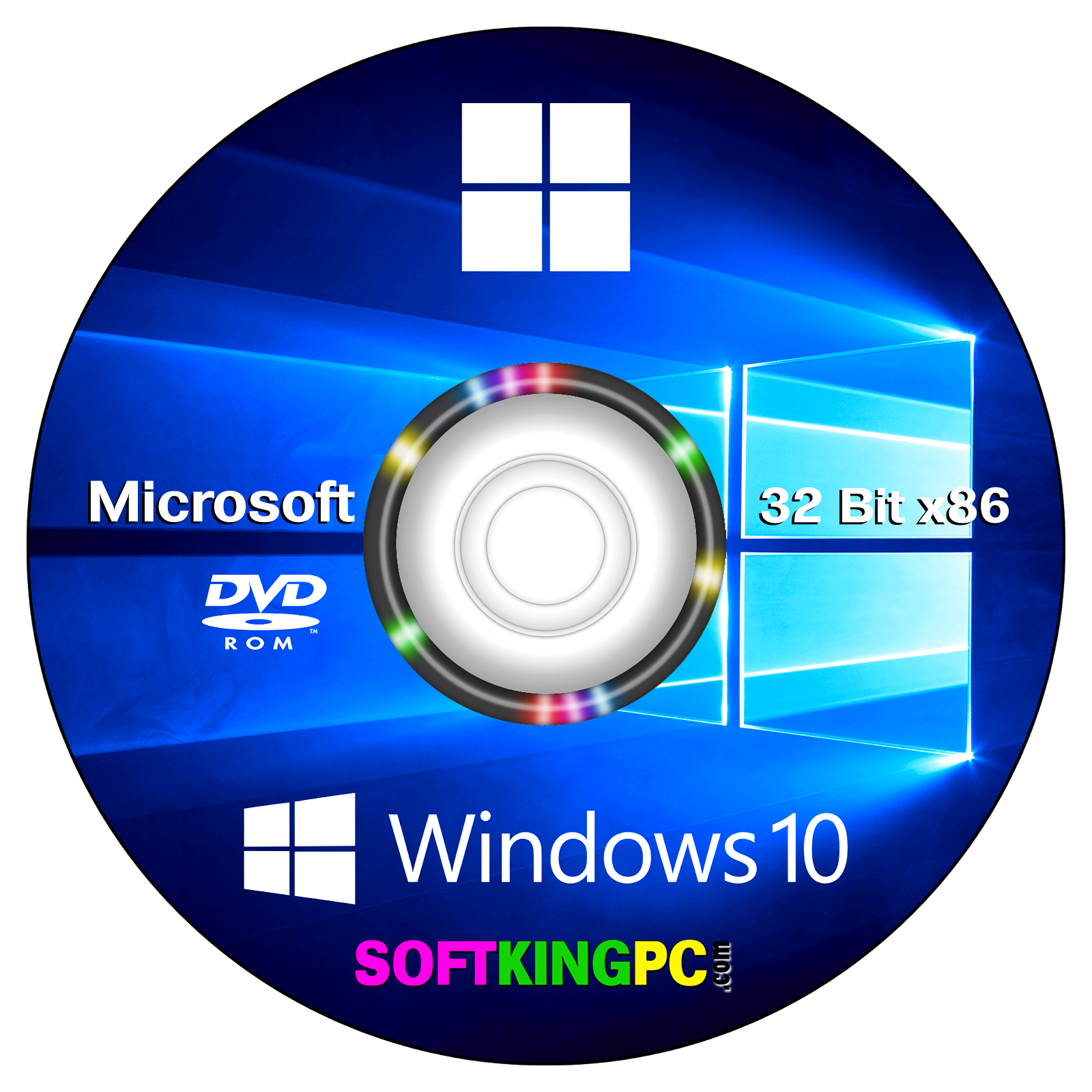In the digital age, the ability to download content—from music and videos to software and e-books—has transformed the way we consume media. However, with the ease of access comes the responsibility to download safely and legally. In this comprehensive guide, we will explore various aspects of downloading, including the best practices, legal considerations, and the best platforms to download from.
Understanding the nuances of downloading can help you avoid legal pitfalls and ensure that you are accessing high-quality content. This article will serve as your ultimate resource for all things related to downloads, providing you with valuable insights and tips to enhance your downloading experience.
Whether you're looking for music, movies, games, or software, you'll find everything you need to know about downloading in the sections below. Let's dive into the world of downloads and explore how to navigate it safely and effectively.
Table of Contents
- What is Downloading?
- Types of Downloads
- Downloading Legally
- Best Platforms for Downloading
- Downloading Software Safely
- Troubleshooting Common Download Issues
- The Future of Downloading
- Conclusion
What is Downloading?
Downloading is the process of transferring data from a remote server to your local device, allowing you to access and use digital content offline. This can include a wide range of content, such as:
- Music: Songs or albums downloaded for offline listening.
- Videos: Movies or shows that can be watched without an internet connection.
- Software: Programs or applications installed on your device.
- E-books: Digital books that can be read on e-readers or tablets.
Types of Downloads
There are several types of downloads you may encounter, each with its own characteristics and purposes:
1. Direct Downloads
Direct downloads occur when you click a link that leads straight to a file on a server, allowing you to download it immediately. This method is commonly used for software and media files.
2. Torrent Downloads
Torrent downloads utilize a peer-to-peer network to share files. This method can be faster for larger files, but it comes with legal and security risks.
3. Streaming Downloads
Some platforms allow you to stream content while simultaneously downloading it for offline use. This hybrid approach is popular in music and video services.
Downloading Legally
When it comes to downloading, legality is a crucial concern. Here are some key points to consider:
- Copyright Laws: Always respect copyright laws when downloading content. Unauthorized downloads can lead to legal consequences.
- Licensing Agreements: Ensure you understand the licensing agreements associated with the content you are downloading.
- Public Domain and Creative Commons: Explore content that is in the public domain or under Creative Commons licenses for free and legal downloads.
Best Platforms for Downloading
There are numerous platforms available for downloading various types of content. Here are some of the best:
1. Music
- iTunes: A reliable platform for purchasing and downloading music.
- Spotify: Offers offline downloads for premium users.
2. Movies and TV Shows
- Amazon Prime Video: Allows downloads for offline viewing.
- Netflix: Offers a selection of titles available for download.
3. Software
- Official Websites: Always download software from the official website to avoid malware.
- App Stores: Use app stores like Google Play and Apple App Store for safe downloads.
Downloading Software Safely
When downloading software, safety should be your top priority. Follow these tips to ensure a secure download:
- Use Antivirus Software: Always have antivirus software installed to scan downloads for malware.
- Check Reviews: Look for user reviews and ratings before downloading software.
- Verify the Source: Ensure you are downloading from a trusted and official source.
Troubleshooting Common Download Issues
Even with the best practices in place, you may encounter issues when downloading. Here are some common problems and solutions:
1. Slow Download Speeds
Check your internet connection and try pausing other downloads or streaming services that may be using bandwidth.
2. Corrupted Files
If a file fails to download properly, try downloading it again or using a different browser.
3. File Format Issues
Ensure that the downloaded file format is compatible with your device or software.
The Future of Downloading
As technology continues to evolve, the future of downloading is likely to change significantly. Here are some trends to watch:
- Cloud Storage: More users will rely on cloud storage for accessing and storing files.
- Streaming Services: The rise of streaming services may reduce the need for traditional downloads.
- Enhanced Security Measures: Expect improved security features to protect against malware and piracy.
Conclusion
In conclusion, downloading digital content is a convenient and essential part of modern life. By understanding the various types of downloads, legal considerations, and best practices, you can enhance your downloading experience while staying safe online. Remember to always download from reputable sources, respect copyright laws, and prioritize your security. If you found this article helpful, please leave a comment, share it with friends, or explore more articles for further insights on digital content.
Call to Action
We encourage you to take action today! Start exploring the world of downloads with confidence and make informed choices. Happy downloading!


